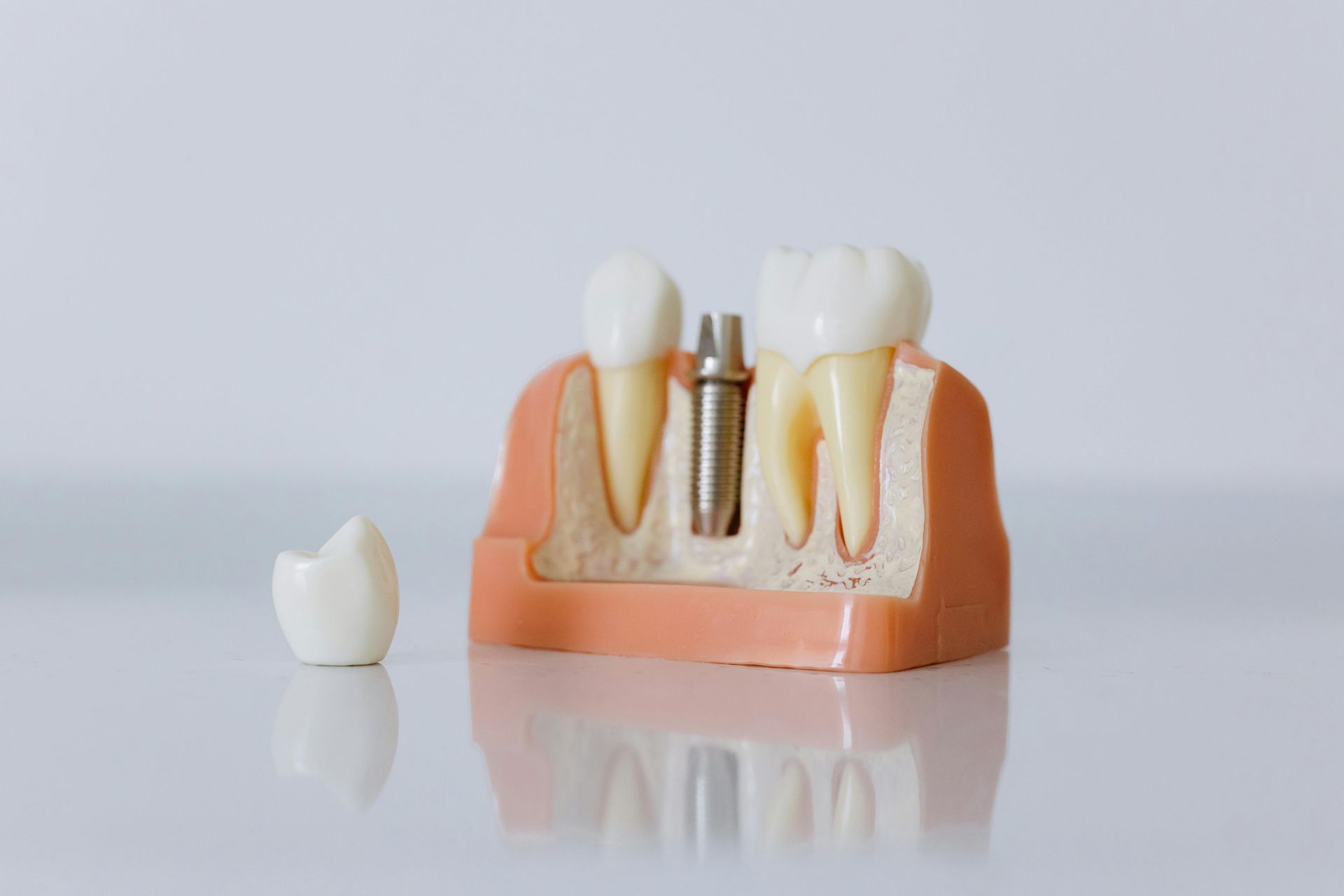HELP ME WITH
CROOKED TEETH
Crooked teeth reduce confidence during social or professional events, impacting chewing and speaking. Common causes include genetics, crowding, or habits, helping you understand this dental alignment issue.

Our dental practice provides compassionate care for crooked teeth. Treatment options include braces, clear aligners, or retainers. Find a dentist near you for tailored solutions to restore your smile.

What Causes
Crooked Teeth?
Crooked teeth, or malocclusion, occur when teeth are misaligned or crowded. Common causes include:
- Genetics: Inherited jaw size or tooth shape can lead to crowding or gaps.
- Childhood Habits: Thumb-sucking or prolonged dummy use can shift teeth.
- Tooth Loss: Gaps from missing teeth allow others to move out of place.
- Injury: Trauma to the jaw can misalign teeth.
- Wisdom Teeth: Emerging wisdom teeth can push others, causing crowding.
- Poor Dental Care: Untreated issues like decay can affect alignment.
For example, a young adult might notice crowding as wisdom teeth emerge, or a parent might spot uneven teeth in their teen after years of thumb-sucking. A local dentist can assess the cause and suggest the best approach.
Symptoms of Crooked Teeth
Crooked teeth can impact more than your appearance. They may cause:
- Difficulty chewing, affecting enjoyment of meals like a Sunday roast.
- Speech issues, such as lisping or unclear pronunciation.
- Increased risk of tooth decay or gum disease due to hard-to-clean areas.
- Jaw pain or headaches from uneven bite pressure.
Lowered confidence in social settings, like job interviews or parties.
A dentist near you can address these issues, improving both function and aesthetics.
Crooked Teeth Treatment Near You
A local dentist will examine your teeth and jaw, often using X-rays or digital scans to plan treatment. Options include:
Braces: Metal or ceramic braces gradually align teeth over months or years.
Clear Aligners: Removable, transparent trays like Invisalign straighten teeth discreetly.
Retainers: Used post-treatment to maintain alignment or for minor corrections.
Veneers: Thin porcelain covers can mask minor misalignments for a straighter look.
Orthodontic Surgery: In severe cases, jaw surgery may correct alignment.
Our team ensures a comfortable experience, easing worries for nervous patients. For instance, someone anxious about braces can trust our clear explanations and gentle care to feel at ease.
Benefits of Treating Crooked Teeth
Straightening your teeth offers practical and emotional benefits:
Improves chewing and speech for daily comfort.
Reduces the risk of decay and gum issues by making teeth easier to clean.
Relieves jaw pain or headaches caused by misalignment.
Boosts confidence for smiling at events like family gatherings.
Enhances long-term oral health and bite function.
A dentist near you will tailor treatment to your lifestyle, whether you’re a busy professional or a student.
At-Home Tips While Awaiting Treatment
While waiting to see a local dentist, try these steps to support your oral health:
Brush Twice Daily: Use fluoride toothpaste to keep teeth clean and healthy.
Floss Daily: Clear food particles from crowded areas to prevent decay.
Avoid Hard Foods: Skip toffee or nuts that could damage misaligned teeth.
Use a Soft Toothbrush: Brush gently to protect enamel and gums.
Rinse After Meals: Swish water to remove debris from hard-to-reach spots.
These tips maintain oral health, but professional crooked teeth treatment near you delivers lasting alignment and confidence.
When to See a Dentist Near You
Contact a local dentist if you notice:
- Uneven or crowded teeth affecting your smile or bite.
- Pain or discomfort when chewing or speaking.
- Difficulty cleaning teeth, leading to plaque buildup.
- Jaw pain or headaches linked to misalignment.
Early care prevents complications like gum disease or tooth wear. We’ve helped patients achieve straighter, healthier smiles, and we’re here for you too.
Preventing Crooked Teeth
While some causes are genetic, you can reduce risks with these habits:
- Encourage children to stop thumb-sucking or dummy use by age three.
- Visit your dentist near you every six months to monitor tooth development.
- Address missing teeth promptly to prevent shifting.
- Wear a mouthguard if you grind your teeth at night.
- Maintain good oral hygiene to support tooth and jaw health.
Simple changes, like rinsing after sugary drinks, can protect your smile.
Your Trusted Dentist
Book Your Dental Appointment Today
Call us now or
Book online to schedule your consultation with a trusted local dentist.



